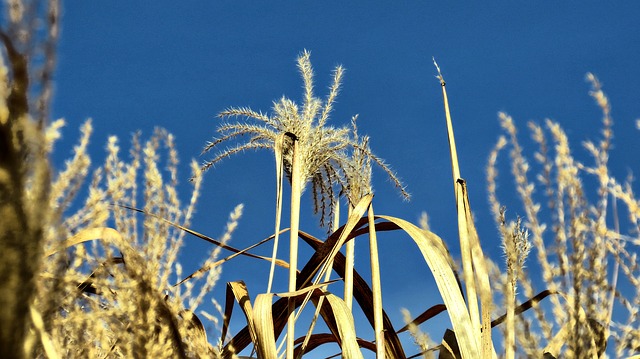 The lack of water caused by the California drought affects our food supply in more ways than just the ability to grow crops. It has had deep impact on the workers in this industry and the businesses that employ them. When the cost of water for a 10-acre farm parcel goes from $3,200 to $33,000 in one year, you’ve got a business problem. In 2013, the California agriculture industry employed about 349,000 people.
The lack of water caused by the California drought affects our food supply in more ways than just the ability to grow crops. It has had deep impact on the workers in this industry and the businesses that employ them. When the cost of water for a 10-acre farm parcel goes from $3,200 to $33,000 in one year, you’ve got a business problem. In 2013, the California agriculture industry employed about 349,000 people.
Currently, the San Joaquin valley is considered the salad bowl of the country. It provides one third of the fruit, nuts and produce we consume in the U.S. With more than 10 years of drought tendency, water has become so scarce and so expensive, landowners are considering what to do next. If the predicted El Nino doesn’t do enough to alleviate the drought situation, workers may have to leave California to follow the water to Washington State. Idaho or Oregon.
Farmers are also learning to become more adaptable and are learning about foreign markets – to maximize their investment in crops by exporting to other countries. China, a large importer of American produce, has become a factor in which crops live or die, because farmers need to consider how to squeeze the most profit out of their products.
“The overseas market is extremely important,” says Jesus Ramos, a farmer who owns 140 acres of mostly citrus trees in Terra Bella in Tulare County. “That dictates whether you can keep a crop going or not.”
California wasteland: Drought-sick farmers hope for relief
California has been experiencing drought conditions since 1999. The lack of rainfall and snowpack in the recent years has pushed farmers in the Central Valley to the edge. Farmers spend millions of their own savings to purchase emergency water to save crops, hoping the coming winter will bring rain to relieve the situation.
Read more at CNBC, How China is Changing Your Dinner Plate.

